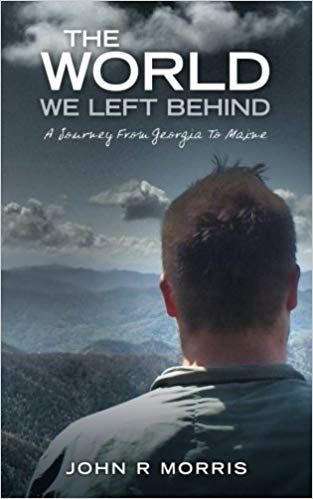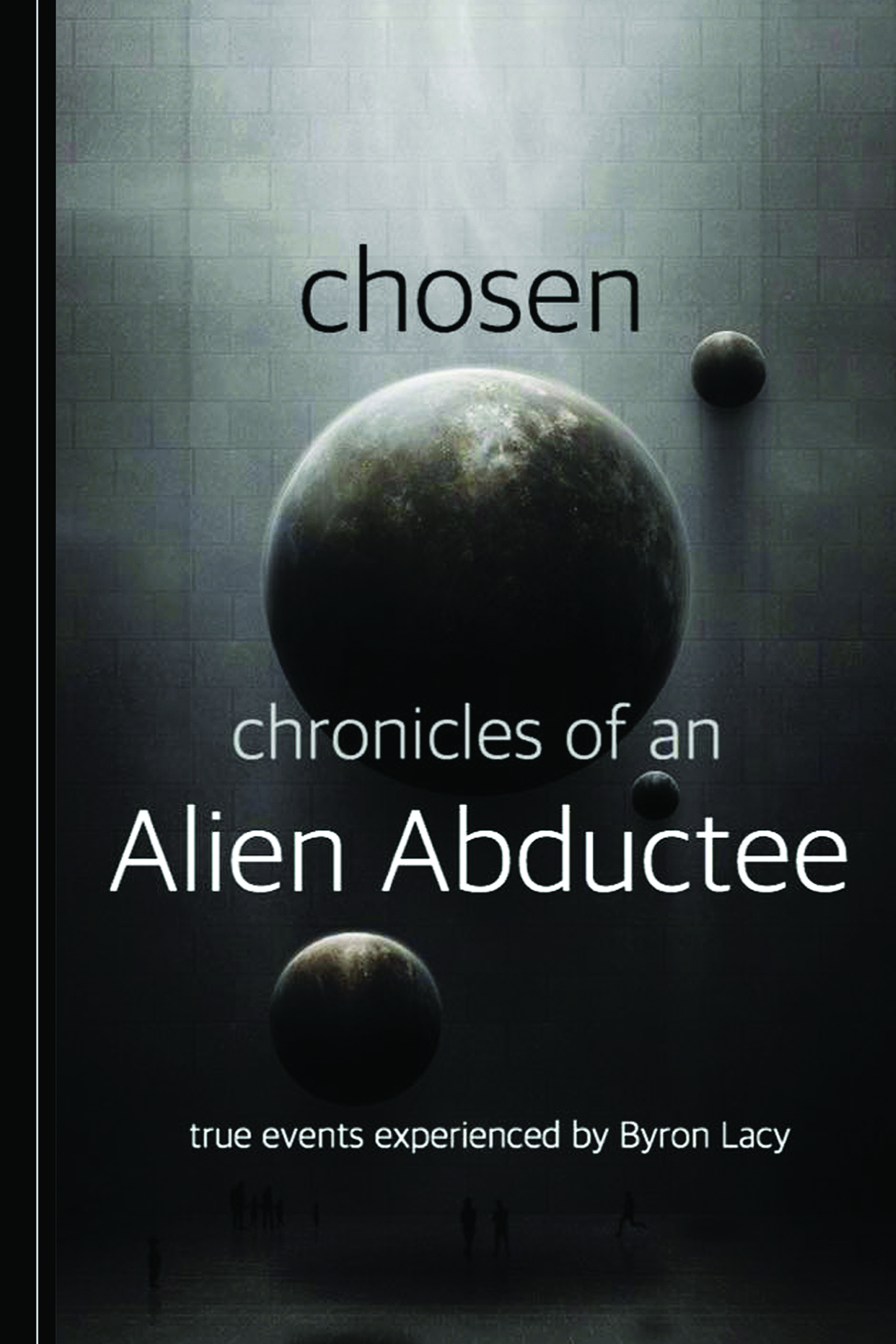You must be logged in to post a review.
The World We Left Behind
As The World We Left Behind, a Journey from Georgia to Maine begins, author John Morris is at a very low point in his young life. Still only in his twenties, he feels overwhelmed with futility. He lives in the North Carolina community where he grew up. With no college education, he works the night shift at a nuclear facility, in a job he believes will lead nowhere. He has recently broken up with the woman hes been living with, and he finds himself lonely and trapped in a nearly empty apartment. Over and over again, he contemplates leaving everything behind, drawn to the idea of taking to the Appalachian Trail. He spends the first 90 pages of the book in a state of ennuibemoaning his dead end job, in various stages of alcoholic stupor, and stocking up on hiking equipment he fears he may never use. He is stuck. The challenges of abandoning everything he knows and embarking on the 2,200 miles of the Appalachian Trail are daunting.
Finally, however, Morris frustration with his status quo wins out. He leaves new girlfriend Melody and travels with his hiking pal, Torry, to Gainesville, Georgia, just a couple of hours from Springer Mountain, where the Appalachian Trail begins. Its here where thru-hikersthose who hike the entire trailset out.
Morris plans to hike all the way to Mount Katahdin in Maines Baxter State Park. To reach his destination, he must hike through Georgia, North Carolina, Tennessee, Virginia, West Virginia, Maryland, Pennsylvania, New Jersey, New York, Connecticut, Massachusetts, Vermont and New Hampshire. He is not prepared, physically or psychologically, for the rigors of the trip. Cold and filthy, hes constantly exhausted under the weight of his pack. Hes brought with him too many things he doesnt need and has left behind some essential equipmentincluding a water filter to purify his drinking water. The trail is often more crowded than Morris had anticipated. He meets some potentially interesting fellow thru-hikers along the way, including folks with great trail names, like Hopper, Woodstock, and Bubblegum, but, somehow, the reader never really gets acquainted with these folks. Perhaps its because Morris never seems to make a true connection with them. For example, about CookIN, a former shop teacher from Indiana, Morris writes, I wondered how you went from being a shop teacher to wanting to walk a 2,199-mile trail but I never thought to ask him
The most compelling part of The World We Left Behind comes toward the end of the book, when Morris describes a near-disastrous solo hike. In this section, the reader feels the cold and terror of Morris experience, and it makes for a great read. One cant help but admire Morris for having the courage to leave the comforts of home and embark on a rigorous, months-long hike. His book reads something like a journal: He relates his day-to-day adventures and shares plenty about the mistakes he makes along the way and the physical challenges he faces. But he shares few of the insights one would expect such a personal quest to provide.
The book is a lengthy one, and this is just the first volume in a trilogy: As this first book comes to an end, Morris has made it only as far as Tennessee. The story would be strengthened, as would the readers enjoyment, with a disciplined editing and a focus that reveals more of the writers inner journey, as well as his outer one.
| Author | John R Morris |
|---|---|
| Star Count | /5 |
| Format | Trade |
| Page Count | 378 pages |
| Publisher | |
| Publish Date | 5-Jan-16 |
| ISBN | 9780692400371 |
| Bookshop.org | Buy this Book |
| Issue | April 2016 |
| Category | Biographies & Memoirs |
| Share |






Reviews
There are no reviews yet.